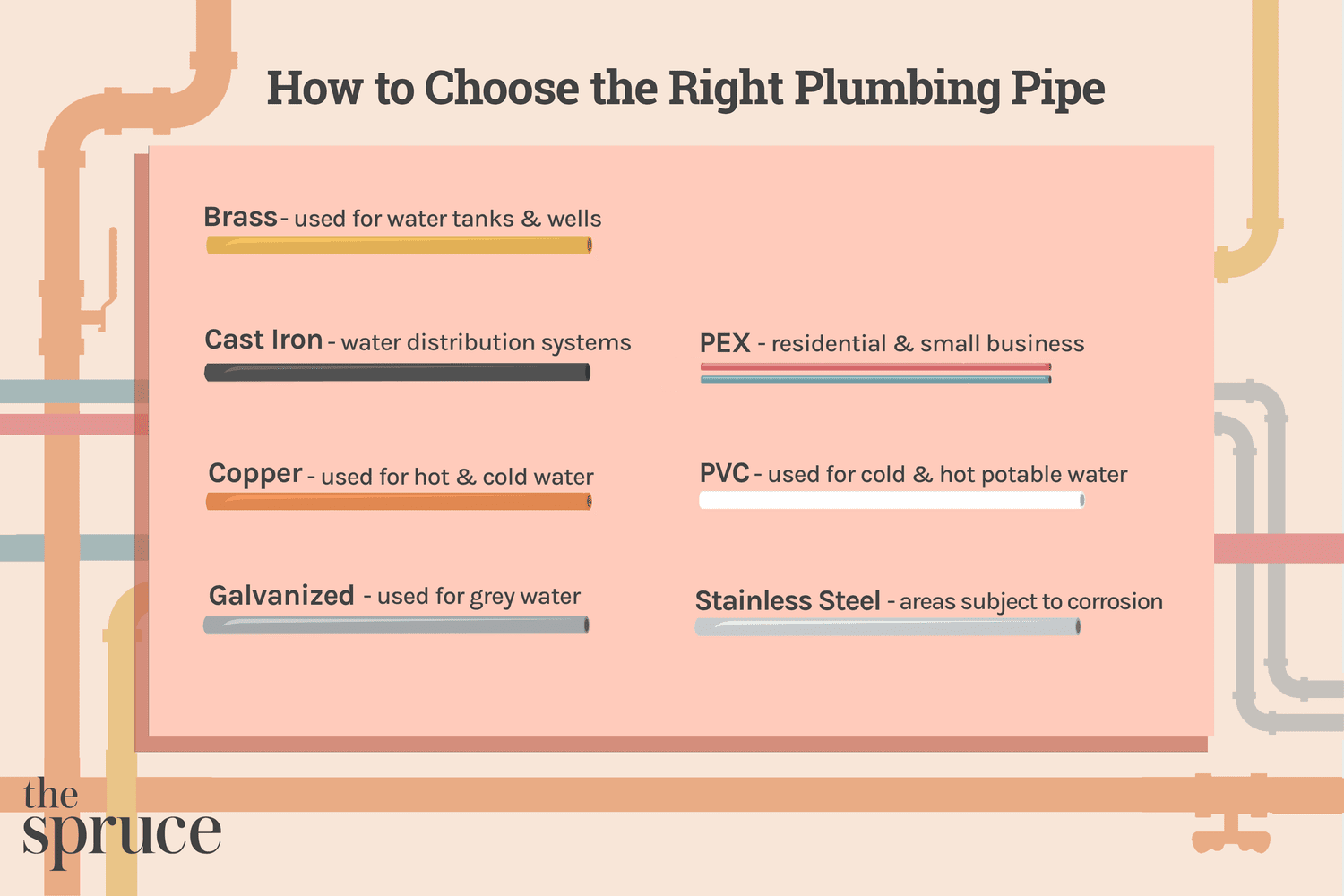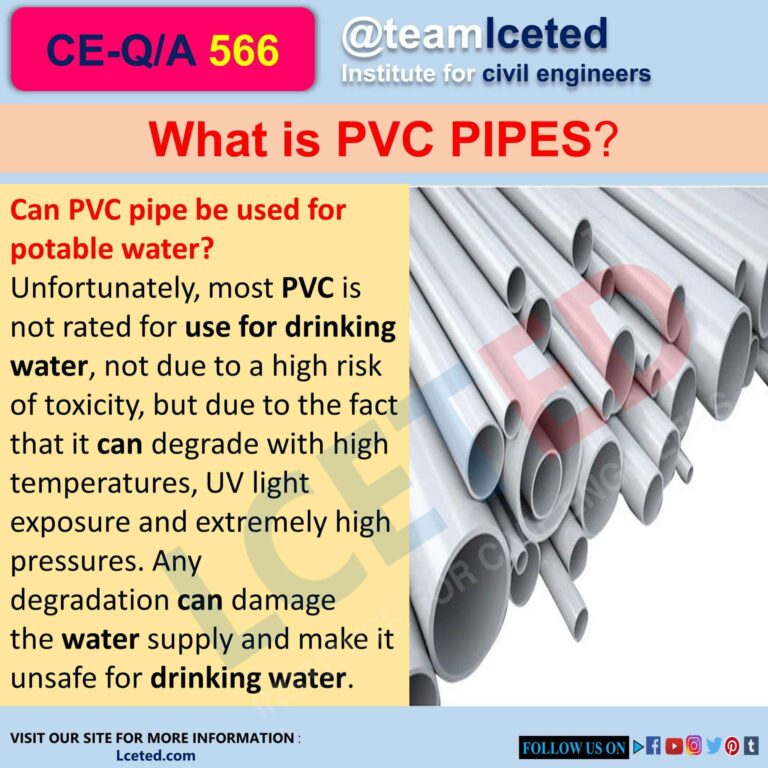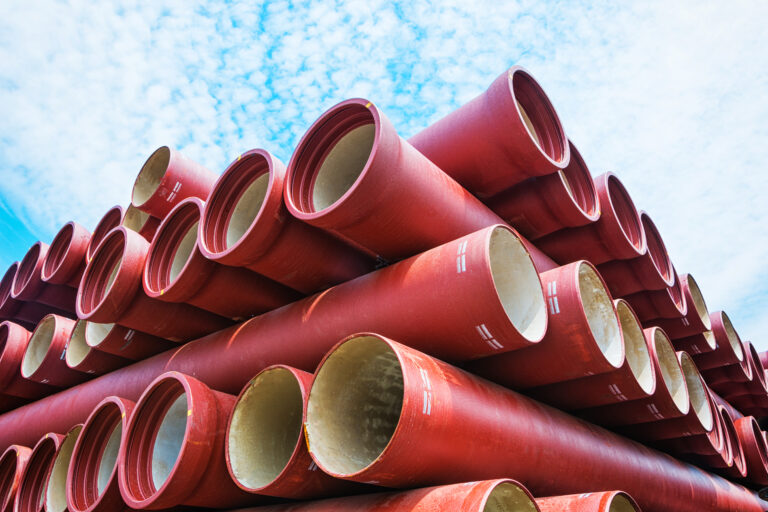Which Pipe Is Best For Hot Water?
When it comes to selecting the best pipe for hot water, there are a few considerations to make. The type of material used in the pipe, the size of the pipe, and the amount of pressure it can handle are all important factors to consider. Common materials used for hot water pipes include copper, galvanized steel, and PVC. Copper and galvanized steel are most commonly used because of their durability and resistance to corrosion. PVC pipes are often used for smaller projects, like washing machines, but it is important to note that PVC pipes cannot handle high temperatures and are prone to cracking. The size of the pipe is also important, as it should be large enough to accommodate the amount of hot water running through it without causing a pressure drop. Finally, the amount of pressure the pipe can handle will depend on the material and size of the pipe. Proper installation is also essential to ensure the long-term reliability of the pipe.
:max_bytes(150000):strip_icc()/guide-on-how-to-choose-the-right-plumbing-pipe-844858_final-c6f3fae9abef47689e47a841ace8dfdc.png)
Overview of Hot Water Piping Options
Hot water piping is an essential part of any home or commercial building. It is important to select the right type of piping for your specific needs. There are several options available, each with its own advantages and disadvantages. The three main types of hot water piping are copper, plastic, and steel. Copper is the most common choice for residential applications due to its cost-effectiveness, durability, and resistance to corrosion. Plastic piping is easy to install, lightweight, and non-corrosive. Finally, steel piping is strong and can handle high temperatures, but is susceptible to corrosion and can be more expensive. All three types of hot water piping can be used in various applications, but careful consideration should be taken when selecting the right type of piping for your needs.
Pros and Cons of Copper Pipe
When it comes to plumbing, copper pipes are a popular choice due to their durability and ease of installation. However, like all materials, copper has its pros and cons.
The benefits of copper pipe include its strength, corrosion resistance, and long-term durability. Copper is also highly conductive, meaning it can easily transfer hot and cold temperatures. Additionally, copper is non-toxic and recyclable, making it an eco-friendly choice.
On the other hand, copper is an expensive material. It is also heavy, so it can be difficult to install in tight spaces. Copper is also vulnerable to freezing temperatures and must be insulated or otherwise protected when installed outdoors.
Ultimately, copper pipe is an ideal choice for plumbing projects due to its strength, corrosion resistance, and durability. However, the expense and weight of copper must be kept in mind, as well as the need for insulation in cold climates.
Pros and Cons of PVC Pipe
PVC pipe is one of the most popular materials used in plumbing and construction applications, due to its affordability, durability, and simple installation. While it has many advantages, it does have some drawbacks that should be considered before making a purchase. Understanding the pros and cons of PVC pipe can help you make the best choice for your next project.
The most significant benefit of PVC pipe is its affordability. PVC is typically much less expensive than other types of piping materials, making it the ideal choice for those looking to save money. In addition, PVC pipe is durable and long-lasting, meaning it can handle a variety of conditions without needing to be replaced. It is also simple to install, making it ideal for do-it-yourself projects.
However, PVC pipe does have some drawbacks. The material can become brittle over time, especially in cold temperatures. Additionally, it is not suitable for use with hot water, as the high temperatures can cause significant damage. Finally, it can be difficult to repair PVC pipe, as special tools and techniques are needed to properly seal the joints.
By understanding the pros and cons of PVC pipe, you can make the best decision for your next project. With its affordability, durability, and simple installation, it is often the ideal option for plumbing and construction projects. However, it is important to consider the drawbacks before making a purchase.
Pros and Cons of PEX Pipe
PEX pipe is a versatile and cost-effective plumbing solution that has become increasingly popular for residential and commercial applications. While it has many advantages, there are a few drawbacks to consider as well. This blog will explore the pros and cons of PEX pipe to help you decide if it is the right choice for your plumbing needs.
The biggest advantage of PEX pipe is its flexibility, which makes it easy to install in tight spaces. It is also resistant to corrosion and freezing, making it ideal for outdoor applications. PEX pipe is also inexpensive, compared to other plumbing materials, and can be used with both hot and cold water lines.
On the downside, PEX pipe can be affected by UV exposure, which can cause it to become brittle over time. It is also more difficult to repair than other types of plumbing materials. Additionally, PEX pipe can be damaged by some chemicals, so it’s important to be aware of what is in your water before installing it.
Ultimately, whether or not PEX pipe is the right choice for your plumbing needs depends on your specific situation. Consider all of the pros and cons to ensure that you make the right decision.
Pros and Cons of CPVC Pipe
CPVC pipe is a type of plastic pipe that is becoming increasingly popular for plumbing projects due to its affordability and versatility. While CPVC pipe offers many advantages, it also has some drawbacks that need to be considered before selecting it for a project.
Pros: CPVC pipe is lightweight, easy to install, and resistant to corrosion, meaning it is less likely to suffer from wear and tear over time. It is also approved for potable water, making it a great choice for plumbing projects.
Cons: CPVC pipe is made from plastic, which means it is prone to cracking or breaking if exposed to extreme temperatures. It can also be more vulnerable to certain chemicals than other forms of pipe. Additionally, CPVC pipe is not as flexible as some other materials, making it a poor choice for projects that require tight bends.
Overall, CPVC pipe is an excellent choice for many plumbing projects, but it is important to consider its pros and cons before making a decision.
Considerations for Choosing the Best Pipe for Hot Water
When selecting the best pipe for hot water, there are a few factors to consider. Temperature ratings, material, size, and cost are all important factors that need to be taken into account. Temperature ratings should be checked to ensure that the pipe is rated to handle hot water temperatures. Materials such as PVC, copper, and steel are all viable options, and each has its own advantages and disadvantages. Size is also an important consideration; pipes should be chosen based on the diameter and length needed to fit the job. Finally, cost should also be taken into account; materials and sizes may have a direct impact on the cost of the pipe. With careful consideration of these factors, it’s possible to choose the best pipe for your hot water needs.
FAQs About the Which Pipe Is Best For Hot Water?
1. What factors should I consider when selecting a pipe for hot water?
-When selecting a pipe for hot water, the most important factors to consider are the material the pipe is made of, the temperature and pressure of the water, and any local codes or regulations that must be followed.
2. What types of pipe are best for hot water?
-Copper pipe is generally the best material for hot water pipe due to its resistance to corrosion and heat. Plastic pipes, such as CPVC and PEX, are also viable options for hot water piping.
3. Is it safe to use galvanized steel pipe for hot water?
-Galvanized steel pipe is generally not recommended for hot water due to the possibility of corrosion. It is better suited for cold water systems.
Conclusion
Ultimately, the best pipe for hot water depends on a variety of factors, such as the temperature, pressure, material, and type of installation. PEX and copper pipes are two of the most popular materials for hot water applications, as they are durable and cost-effective. While PEX is flexible and can be installed quickly, copper can withstand higher temperatures and pressures. Ultimately, a professional plumber should be consulted to ensure the right pipe is chosen for the job.







